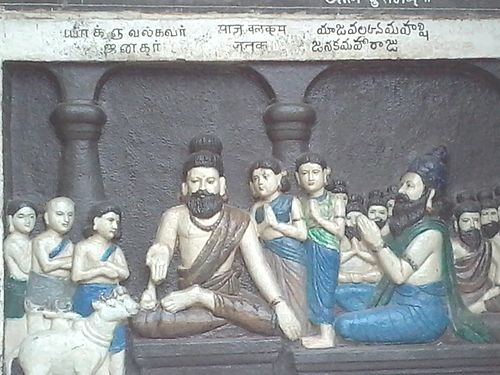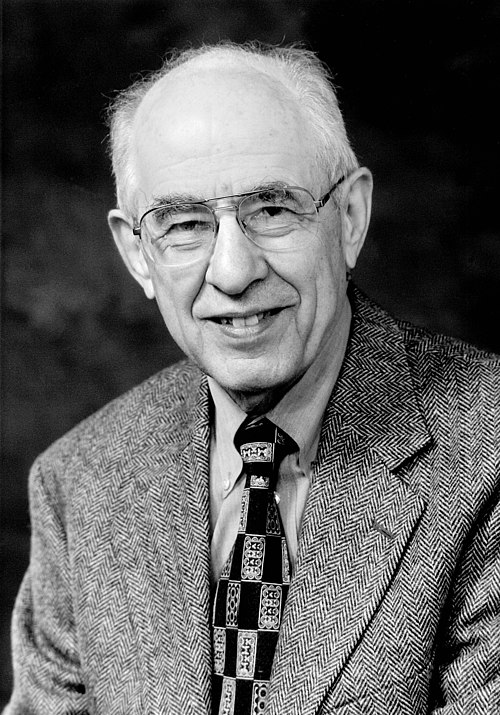Idealismnoun
The property of a person of having high ideals that are usually unrealizable or at odds with practical life.
Idealismnoun
The practice or habit of giving or attributing ideal form or character to things; treatment of things in art or literature according to ideal standards or patterns;—opposed to realism.
Idealismnoun
(philosophy) An approach to philosophical enquiry, which asserts that direct and immediate knowledge can only be had of ideas or mental pictures.
Idealismnoun
The quality or state of being ideal.
Idealismnoun
Conception of the ideal; imagery.
Idealismnoun
The system or theory that denies the existence of material bodies, and teaches that we have no rational grounds to believe in the reality of anything but ideas and their relations.
Idealismnoun
The practice or habit of giving or attributing ideal form or character to things; treatment of things in art or literature according to ideal standards or patterns; - opposed to realism.
Idealismnoun
a belief in the feasibility of the implementation of ideal principles and noble goals, and the practice or habit of pursuing such goals; - opposed to realism and cynicism.
Idealismnoun
(philosophy) the philosophical theory that ideas are the only reality
Idealismnoun
impracticality by virtue of thinking of things in their ideal form rather than as they really are
Idealismnoun
elevated ideals or conduct; the quality of believing that ideals should be pursued
Idealismnoun
the unrealistic belief in or pursuit of perfection
Idealismnoun
(in art or literature) the representation of things in ideal or idealized form.
Idealismnoun
any of various systems of thought in which the objects of knowledge are held to be in some way dependent on the activity of mind.
Idealism
In philosophy, idealism is a diverse group of metaphysical views which all assert that is in some way indistinguishable or inseparable from human perception and/or understanding, that it is in some sense mentally constructed, or that it is otherwise closely connected to ideas. In contemporary scholarship, traditional idealist views are generally divided into two groups.
Pragmatismnoun
The pursuit of practicality over aesthetic qualities; a concentration on facts rather than emotions or ideals.
Pragmatismnoun
(politics) The theory that political problems should be met with practical solutions rather than ideological ones.
Pragmatismnoun
(philosophy) The idea that beliefs are identified with the actions of a believer, and the truth of beliefs with success of those actions in securing a believer's goals; the doctrine that ideas must be looked at in terms of their practical effects and consequences.
Pragmatismnoun
The quality or state of being pragmatic; in literature, the pragmatic, or philosophical, method.
Pragmatismnoun
(philosophy) the doctrine that practical consequences are the criteria of knowledge and meaning and value
Pragmatismnoun
the attribute of accepting the facts of life and favoring practicality and literal truth
Pragmatismnoun
a pragmatic attitude or policy
Pragmatismnoun
an approach that evaluates theories or beliefs in terms of the success of their practical application.
Pragmatism
Pragmatism is a philosophical tradition that considers words and thought as tools and instruments for prediction, problem solving, and action, and rejects the idea that the function of thought is to describe, represent, or mirror reality. Pragmatists contend that most philosophical topics—such as the nature of knowledge, language, concepts, meaning, belief, and science—are all best viewed in terms of their practical uses and successes.









